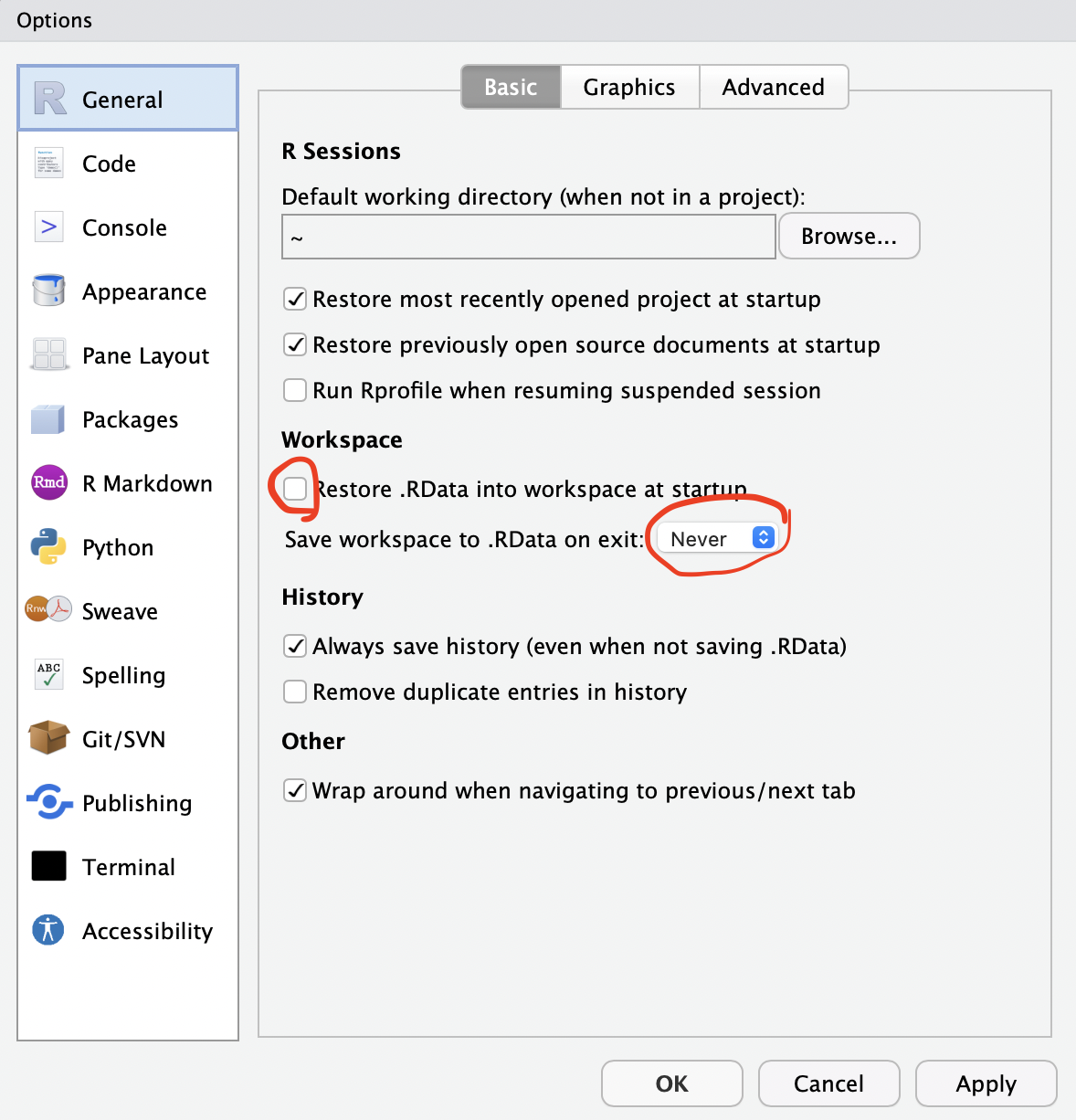You can find the slides here.
Here is a render of the slides as a single HTML page (easier for reference).
This README describes how to set up your machine for the tutorial. After you're done installing slendr, make sure to run a small testing simulation (here) to check that everything works as needed. Only run that script after you have everything successfully installed!
- Working R installation(at least R 3.6)
- RStudio highly recommended but not required (it just makes it easier to inspect plots)
- macOS / Linux / Windows (the latter won't support SLiM-based simulations, but we won't be doing those)
Getting slendr to work is important. The whole tutorial will be dedicated to this package.
You can install slendr by pasting this command into your R console:
install.packages("slendr")
After installation succeds (see below in case it doesn't), load slendr itself:
library(slendr)
This will very likely write a message that:
-
you are missing SLiM -- this is OK, feel free to ignore this
-
you are missing a Python environment -- we will fix this in the next step.
Next, run the following command. This will ask for permission to install an isolated Python mini-environment just for slendr -- this won't affect your other Python installations at all, so don't be afraid to confirm this!
setup_env()
Finally, make sure you get a positive confirmation from the following check:
check_env()
On future occasions, you will have to call init_env() after running library(slendr)!
Sometimes on Linux or Mac a header library of some kind is missing, which is important for some R package which is internally used by slendr. If that happens, install.packages("slendr") will fail with an error.
If you use Mac and have Homebrew (I cannot recommend it enough! and not just for this), you can run this command. If you're running something Ubuntu/Debian-like and have problems with the installation, this might help.
In case of persistent problems, please get in touch at contact@bodkan.net, pasting the error you got in an email. I'm happy to help you in person (I'm on vacation March 13-17 but there will be enough time to solve issues before the workshop).
Most importantly: Don't panic! :) I have seen the strangest things happen on people's computers while teaching slendr and there was not one instance where we didn't get it to work. :)
Copy the following script to your R session after you successfully installed your R dependencies as described above.
First run this:
library(slendr)
init_env()
Followed by this:
o <- population("outgroup", time = 1, N = 100)
b <- population("b", parent = o, time = 500, N = 100)
c <- population("c", parent = b, time = 1000, N = 100)
x1 <- population("x1", parent = c, time = 2000, N = 100)
x2 <- population("x2", parent = c, time = 2000, N = 100)
a <- population("a", parent = b, time = 1500, N = 100)
gf <- gene_flow(from = b, to = x1, start = 2100, end = 2150, rate = 0.1)
model <- compile_model(
populations = list(a, b, x1, x2, c, o), gene_flow = gf,
generation_time = 1, simulation_length = 2200
)
ts <- msprime(model, sequence_length = 1e6, recombination_rate = 1e-8)
ts_samples(ts)
If this runs without error and you get a small summary table with simulated samples, you're all set!
We will use some tidyverse packages for analysis and plotting.
I recommend you install the following packages in addition to slendr:
install.packages(c("dplyr", "ggplot2", "cowplot", "magrittr"))
RStudio sometimes interferes with Python setup needed for simulation. To fix this, go to Tools -> Global Options in RStudio and set the following options:
A friendly note: you should always do the above, even outside of this workshop. Keeping .RData files around breaks reproducibility of your work. Never use them!
This work is licensed under a Creative Commons Attribution 4.0 International License.

